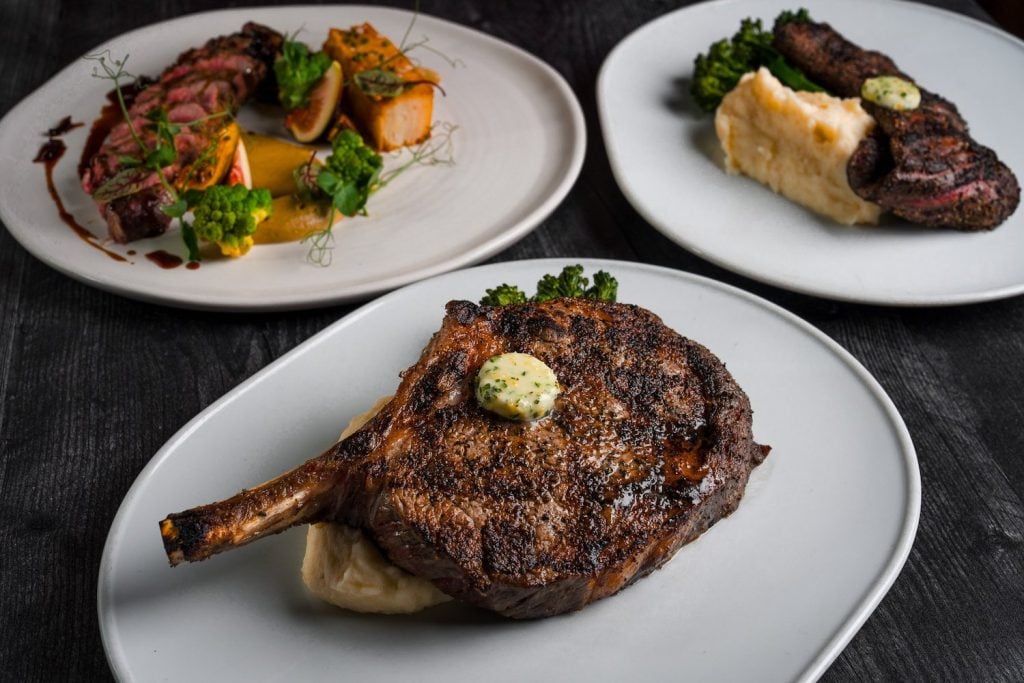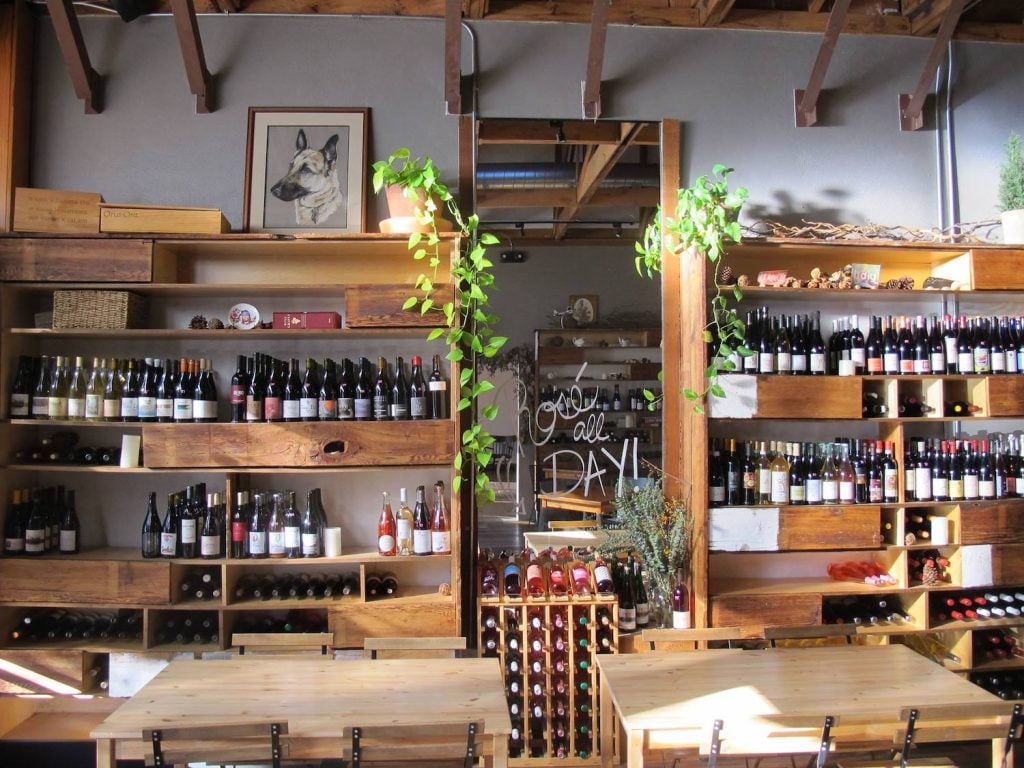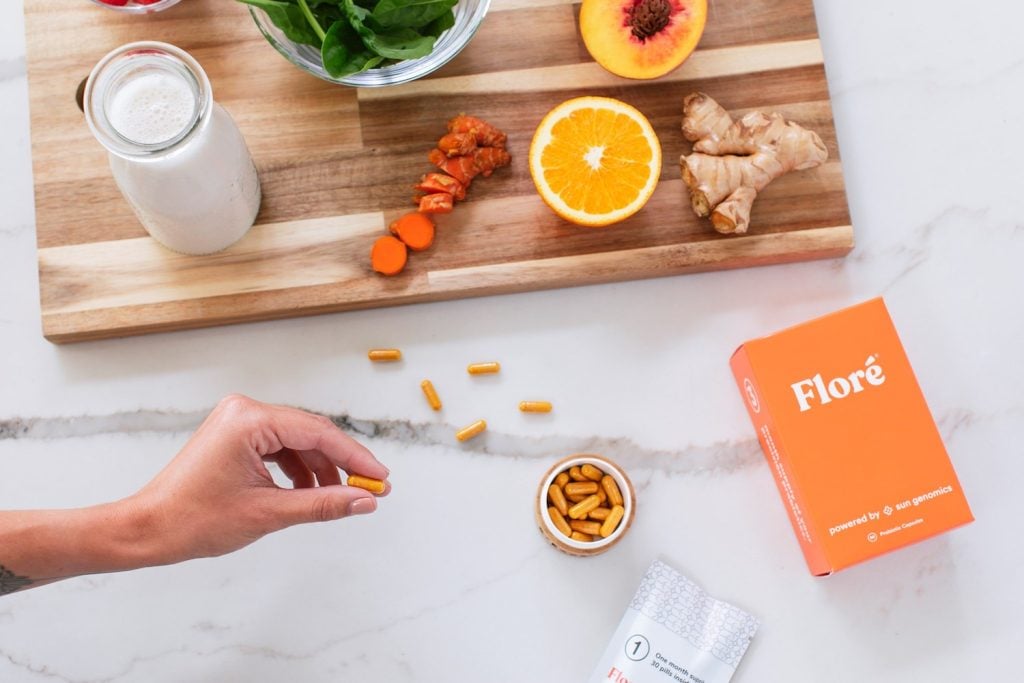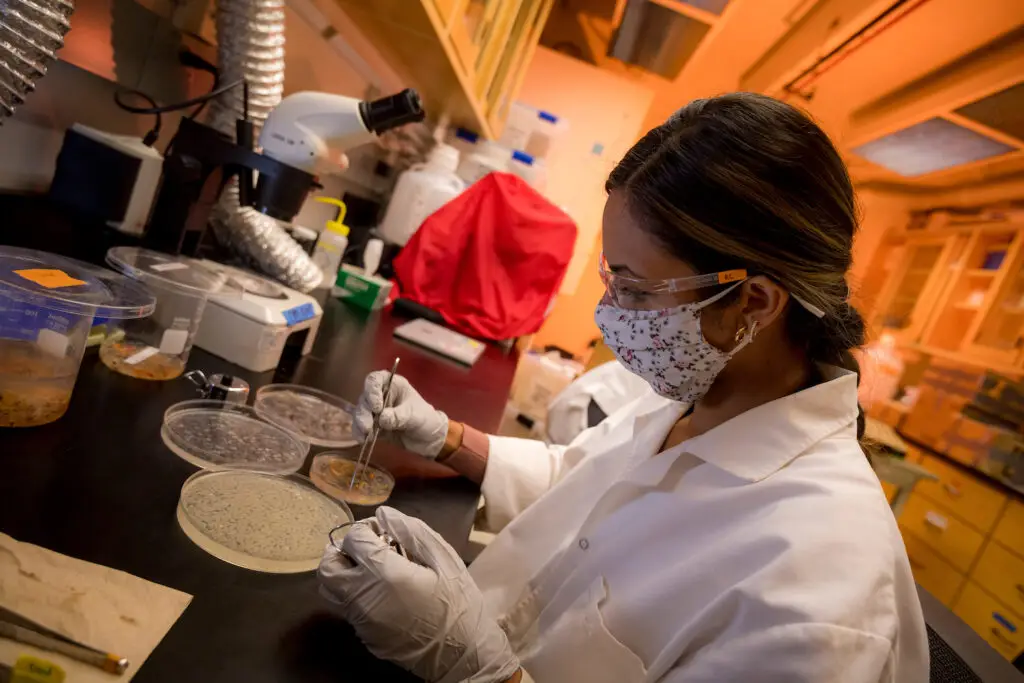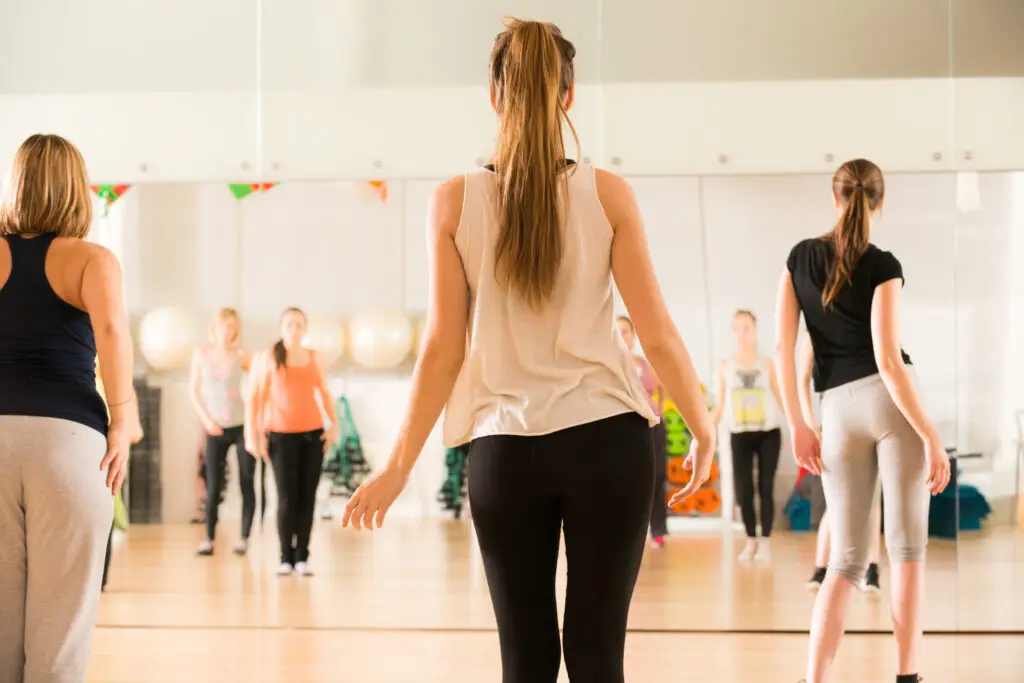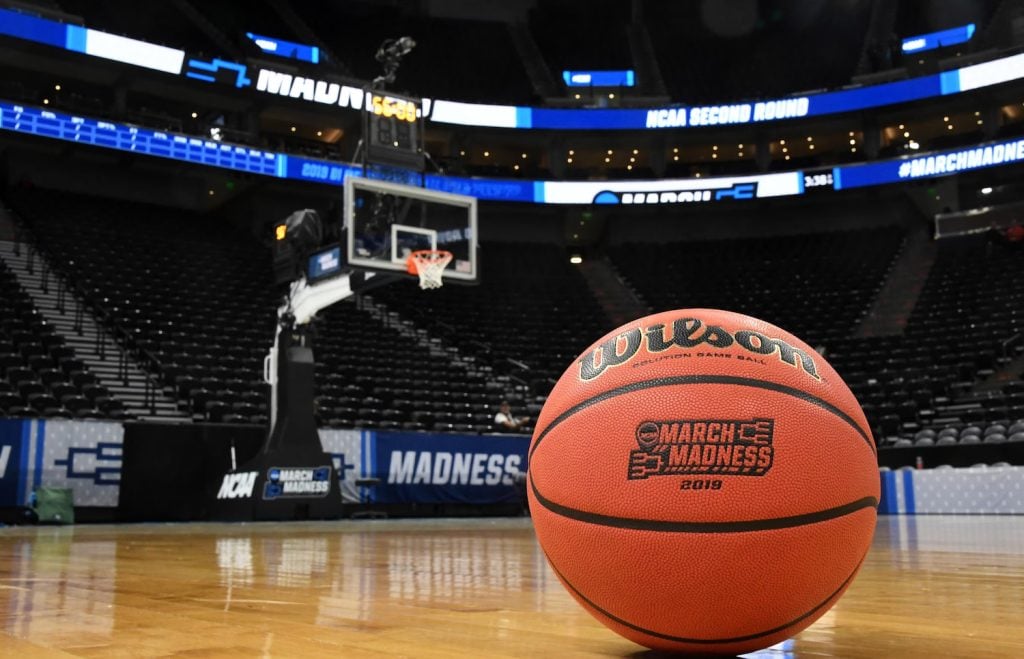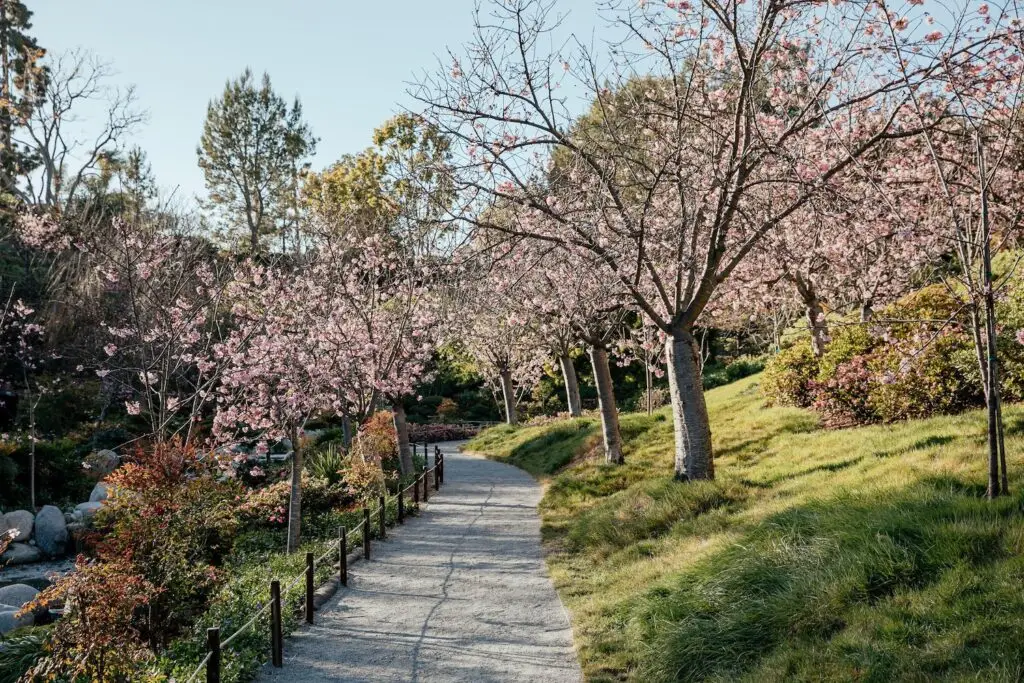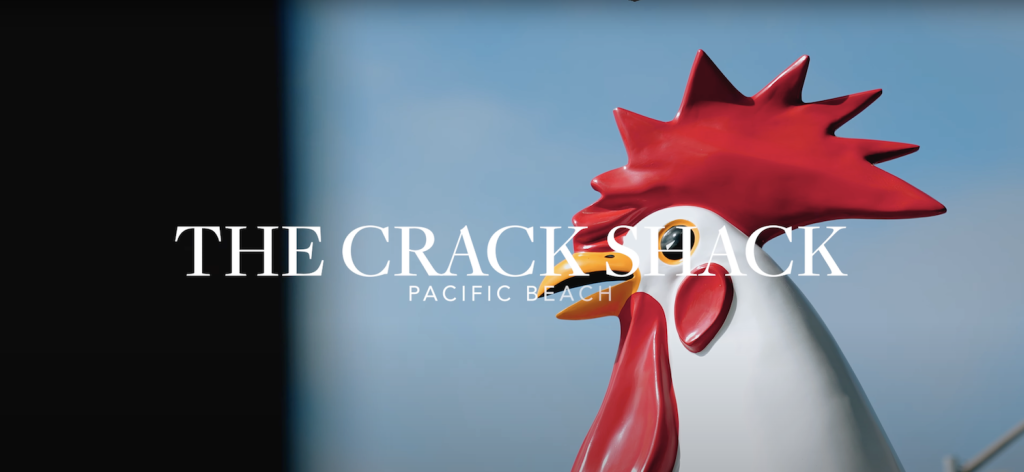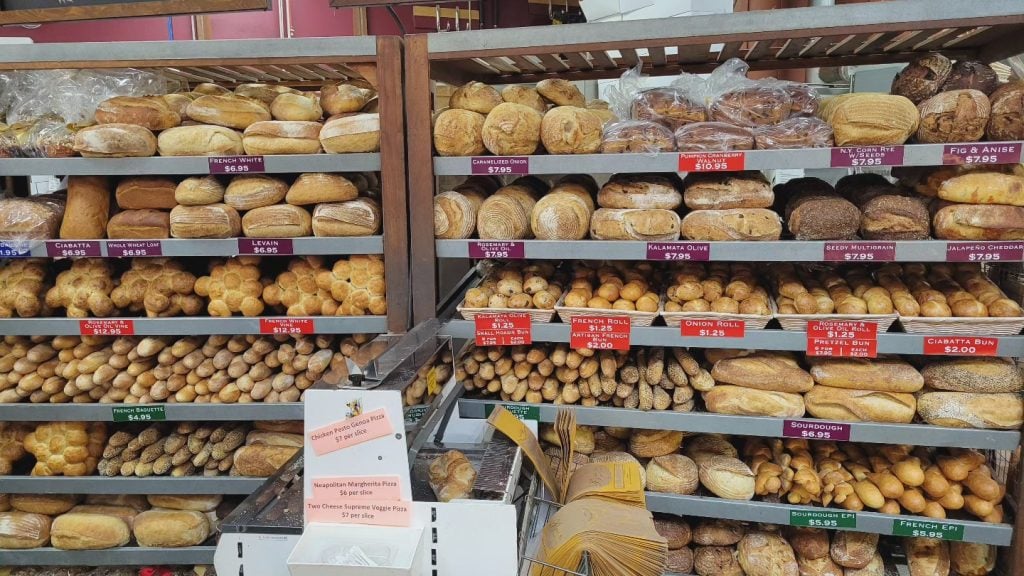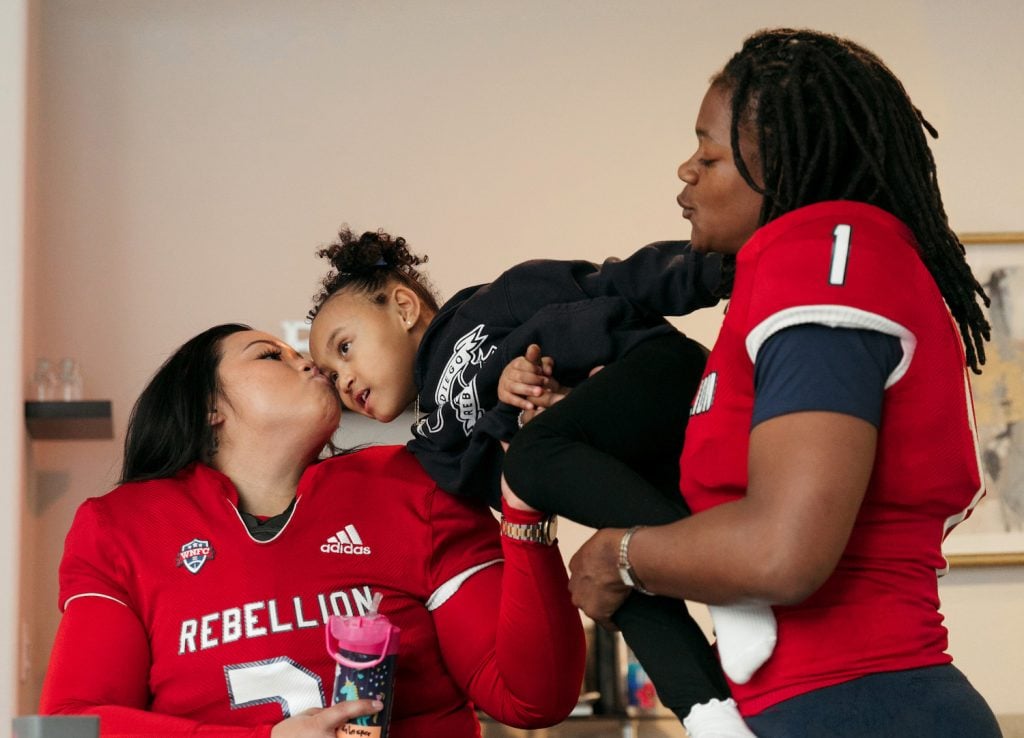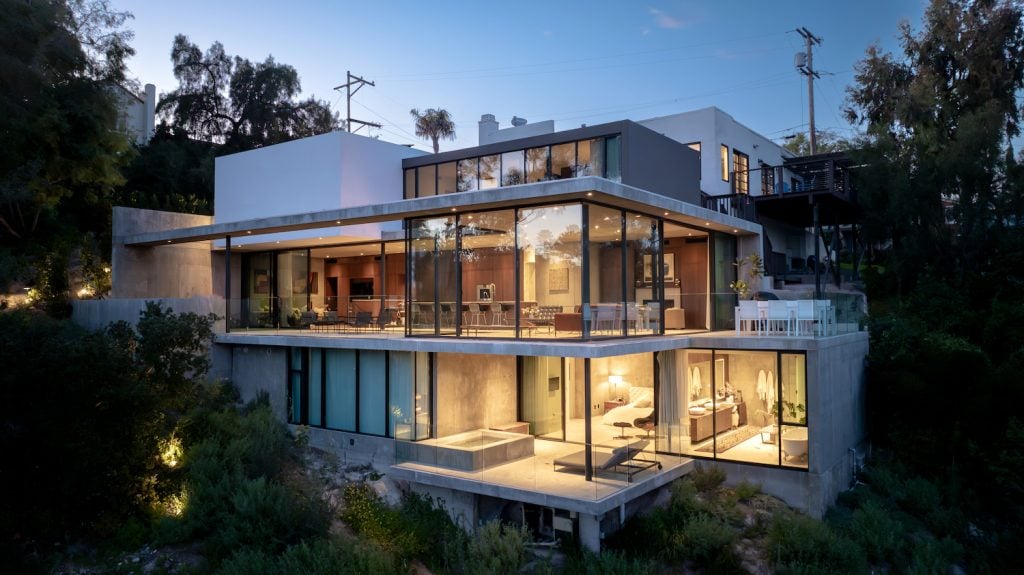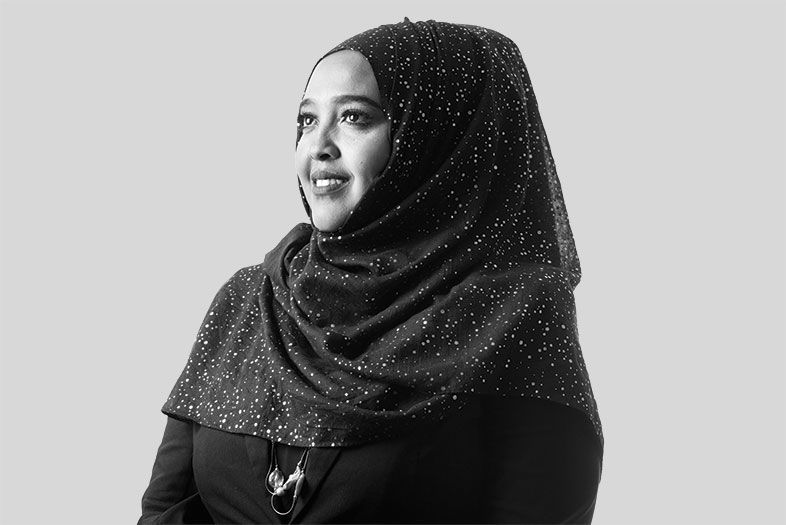At UC San Diego’s Refugee Health Unit, amal— Arabic for “hope”—is the operative word. Spearheaded by Amina Sheik Mohamed, the unit focuses on providing local refugees with the tools they need to live healthier lives.
The Refugee Health Unit, which launched in January as part of UCSD’s School of Medicine, takes an inclusive approach to health with the idea that no life circumstance exists in a vacuum; everything is connected. Factors like education, cultural values, social environment, history of access to health care, and economic stability all impact a person’s ability to make health a priority. For example, if you live in a neighborhood with plenty of fast food restaurants but no farmers’ market, eating healthy could be a challenge. If you can’t afford a car, there might be no way to get to a doctor’s office. And if you don’t speak the language, communicating your needs to a health professional becomes yet another obstacle.
Mohamed came to the US from her native Somalia in the 1990s and started her career as a translator in the health care system. “I knew I wanted to work in health care, but I didn’t want to be a doctor,” she says. Today, she oversees the Center for Community Health’s various programs aimed at helping low-income families reach “health equity”—the idea that everyone should be able to achieve optimal well-being regardless of financial means, geographic location, or ethnic background.
Having grown up in East Africa, Mohamed has a sharp understanding of the importance of cultural sensitivity and faith-based approaches to healthy living, and of identifying barriers, or needs, in the community—then breaking them down. “It’s not about breaking the rules; it’s about thinking outside the box,” she says.
Some of the projects she’s been involved with revolve around eating healthy—for example, organizing community-driven projects like the City Heights Farmers’ Market, collaborating on a cookbook with healthy recipes based on traditional African and Middle Eastern cuisine, and bringing halal lunches to the San Diego Unified School District.
“These projects have shown great impact because they were initiated by the community and are based on their needs,” Mohamed says.
Another ongoing project focuses on making physical activity more accessible for Muslim women and girls, who might otherwise be excluded from activities and sports that adhere to a dress code not in line with their preferred level of modesty.
One solution has been to implement women-only swimming sessions at Copley-Price Family YMCA in City Heights. Another has been to produce a guide, Improving Muslim Youth Participation in Physical Education and Physical Activity in San Diego County, to help give schools and teachers the tools they need to create more inclusive environments.
Mohamed and her team are not alone in fighting for the health of refugee and low-income communities in San Diego. It’s a collaborative effort that often requires partnering up with other organizations and volunteers. “It’s all about bringing people together,” she says.

Local Health Advocate Amina Sheik Mohamed Knows the Value of Diversity
Amina Sheik Mohamed | Photo: Paul Body

